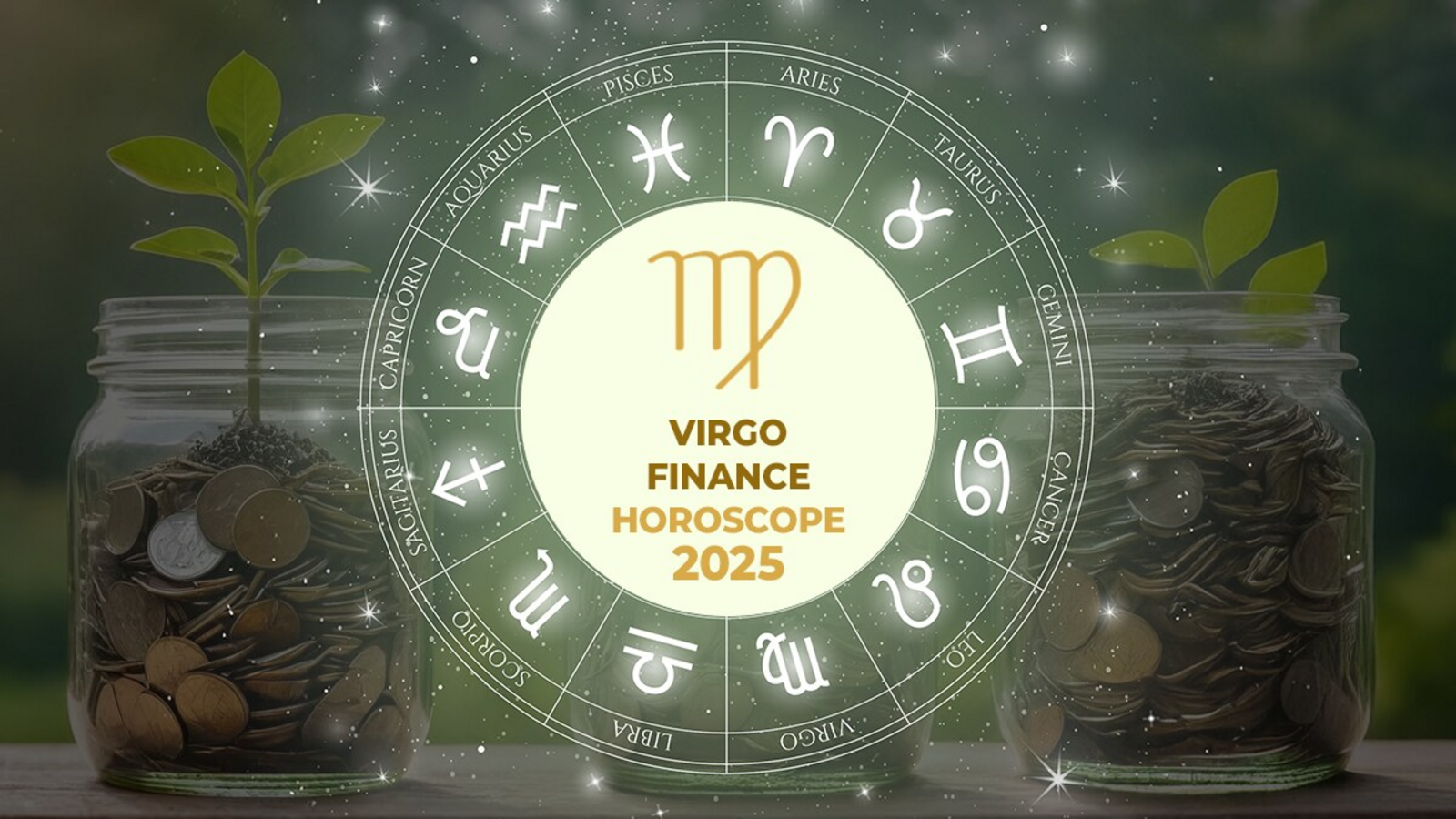Man, 2020. January 2020. It feels like a lifetime ago, right? I remember seeing this garbage horoscope online—you know the clickbait stuff, “Money outlook in Virgo career…” Blah blah. Usually, I just skim that crap and roll my eyes, but this time it actually stung because my money situation was absolutely pathetic.
I wasn’t exactly broke, but I was definitely living paycheck to paycheck, barely keeping my head above water. That previous December, my old reliable car decided to totally die on me. Transmission went kaput. The mechanic hit me with a repair bill that was basically three months’ rent. I had zero emergency fund. ZERO. I ended up having to throw that entire, monstrous repair onto a high-interest credit card just to get back on the road and keep working. I felt sick. Seriously, physically sick staring at that new debt number.
So, the new year rolled around. I was stressed out of my mind, trying to figure out how I was gonna pay off that massive card bill before the interest rates devoured me alive. A buddy, knowing I was a Virgo, sent me that horoscope link as a joke, saying “Hey, maybe the stars will pay for your transmission!” It wasn’t funny. But I clicked it anyway. And this one line stuck in my head: “Virgos must aggressively improve their financial health by cutting dead weight and setting non-negotiable savings goals.”

The Trigger: From Zodiac Junk to Financial Action
I decided to stop messing around. That prediction, stupid as it was, became my immediate call to arms. I grabbed my bank statements from the last six months and printed them out—actual paper, because I wanted to see the mess physically. I took a huge red marker and started circling everything that wasn’t rent, necessary groceries, or core utilities. It was disgusting what I found. I was dropping like $300 a month on takeout coffee, delivery fees, and random Amazon junk I didn’t need. Dead weight, just like the horoscope said.
My first practice step was simple but painful: Accountability.
- First, I slashed all non-essential subscriptions immediately. Netflix, Hulu, that ridiculously expensive gym membership I hadn’t used since October—all gone. I cancelled them all that first week of January.
- Next, I downloaded a budgeting app—didn’t matter which one, just needed something to log transactions instantly. I committed to logging every single purchase, even if it was just a dollar coin for parking. If it left my wallet, it went into the app.
- Then, I set up two distinct savings accounts at my bank. One was the ‘Transmission Debt Kill Fund,’ which got 80% of any extra cash. The other was the proper ‘Panic Button’ Emergency Fund.
I basically forced myself into a ‘financial lockdown’ starting that January. My goal wasn’t just to save a bit; it was to find enough extra cash to hit that credit card hard before the next statement cut date. I started cooking every single meal. I walked to work instead of taking the bus sometimes, even when it was freezing. Every tiny cutback, every meal prep, felt like I was actively building my defenses.
The Realization: Why January 2020 Was Critical
It was rough, I’m not going to lie. Social life took a hit. But by the end of January, I had saved up nearly $1,500 that I previously would have just burned on nonsense. I threw that straight at the car debt. The momentum felt incredible. It wasn’t about the stupid Virgo prediction anymore; it was about finally being in control.
And thank God I did all this when I did. Because what happened next? March 2020 hit. The whole world went into chaos. Jobs started getting cut left and right. My company, while stable, started freezing salaries and hours. If I hadn’t killed off that credit card debt and built up even that small emergency cushion in January and February, I would have been completely screwed when the uncertainty peaked. I would have been stuck with crippling interest payments and no safety net.
That initial small practice of tracking, cutting, and committing two months before the pandemic shock arrived truly saved my butt. It taught me that financial control isn’t about some cosmic forecast or how much you earn, but about how little you waste. It’s a lesson I preached to everyone I knew afterward. Seriously, if a vague internet prediction can make you face your terrible spending habits, then maybe you should listen.
I still keep up those tracking habits today. I update my budget spreadsheet every single Sunday morning. I track my net worth every quarter now, just like I read that silly Virgo chart back then. That terrible credit card balance? Fully paid off by May 2020, even while the world was still freaking out. That feeling of safety and stability I gained from those rough January practices? Priceless. You don’t need a fancy financial advisor; you just need to grab your statements, circle the junk, and start cutting. The results speak for themselves.






